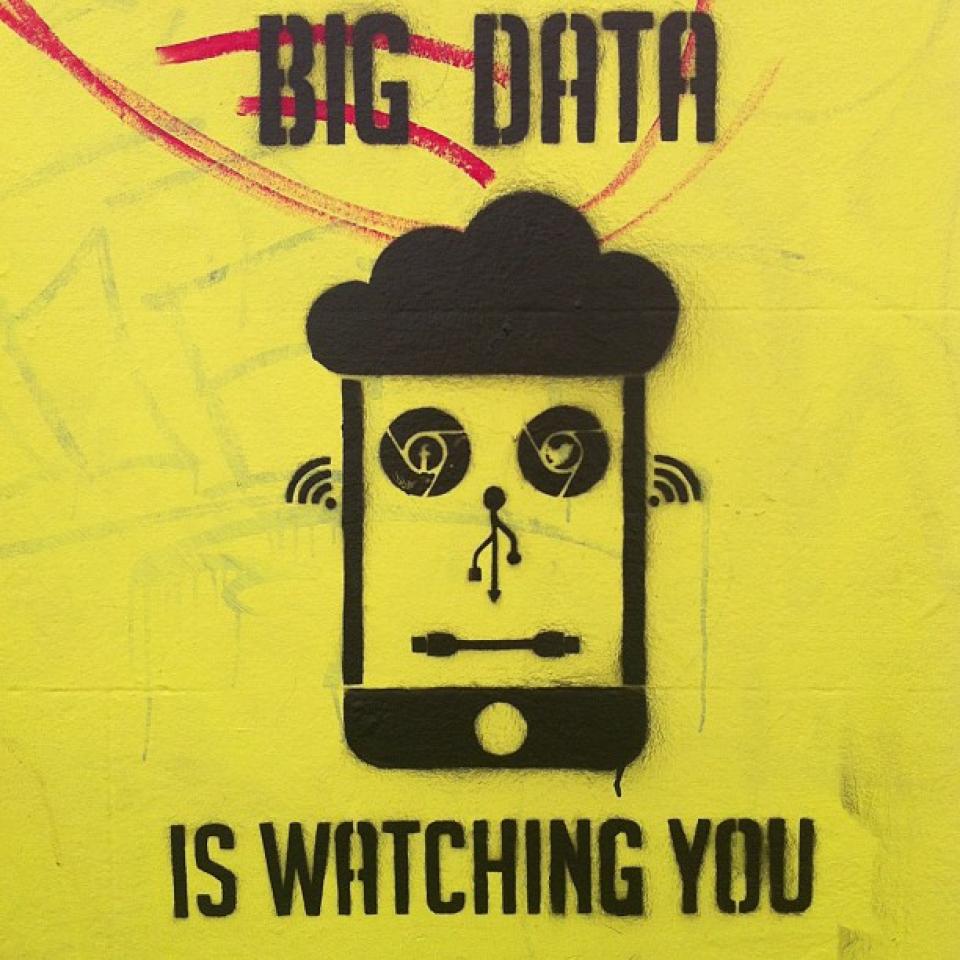
Digital native: A person born or brought up during the age of digital technology and therefore familiar with computers and the internet from an early age.
This probably refers to anyone born after 1980, myself included. We tend to be more intimate and familiar with the online world and for us it is merely our reality. For most of my life I believed having internet access meant having an overflow of social media accounts and getting as many “likes” as possible. With two years working on online issues one quickly realises how very wrong that is. The unfortunate truth is that we are all just seen as commodities. Third parties grab every opportunity to “put us in a boxes” and profit from our information.
Since the day we are born we are told what our race, religion, gender and sexuality is, then we spend our lives defending these categories we didn't choose. If you do not conform to society's idea of normal, then you need to be stopped. Not only am I young but I just happen to be a woman, which apparently means I need to abide by a whole different set of rules, even online. Most of these rules are enforced by means of censorship, surveillance and breach of privacy. Community standards are supposedly put into place to enforce acceptable conduct. Acceptable according to who? I don't know.
Either way, these rules are put into place to keep you in society's idea of normal and to profit thereof. It doesn't take into account that for many the internet is an escape, a way to deviate from the confines of their realities. We have moved to a time where we are pushing to do everything online and with this we are realising just how similar our online and offline realities are. Therefore it only makes sense that we protect ourselves online just as intensely as we do offline. But as humans we tend to wait until the problem gets completely out of control before we attempt to put a stop to it.
Many of us cannot even begin to comprehend the immense amount of data about a user that is accessed, stored and consolidated. What was once your private and safe place now belongs to someone somewhere that you don't even know. Many of us may think that we are not “important” enough to be hacked or tracked. The reality is that our sharing of all our personal information makes us easy targets for criminals. We check in to places, upload images of our kids in their school uniforms, not realising that all this reveals information about us and makes us vulnerable to criminals. Online activity does not make us immune to online violence. It is so important for us to know which measures are put into place to protect us online.
“Surveillance by default is the tool of patriarchy to control and restrict rights both online and offline. The right to privacy and to exercise full control over our own data is a critical principle for a safer, open internet for all. Equal attention needs to be paid to surveillance practices by individuals against each other, as well as the private sector and non-state actors, in addition to the state.” (Feminist Principles of the Internet, Principle 10)
We are all fairly familiar with the “period picture” that was removed from Instagram and the Facebook breast censorship issue. Personally, I thought these two incidents of censorship were completely unnecessary because both acts are natural and what is meant to happen to the female body. However, once again someone is dictating what is okay to be posted online. Some people are hoping to govern the internet. Internet governance is the development and application of shared principles, norms, rules, decision-making procedures, and programmes that shape the evolution and use of the internet. But no one person rules the internet and internet governance is constantly changing. Therefore one can assume we need to dictate what we allow and what we do not. Just as greatly as we fight to protect our physical realities, why not do the same for our virtual worlds? Even though internet spaces are difficult to navigate, our silence only contributes to these topics being “overlooked”. We critically need “heroes” within the various stakeholder groups to make a change. It is passionate individuals within groups that make the difference.
Image by Jeremy Keith under Creative Commons license.
- 6563 views






Add new comment